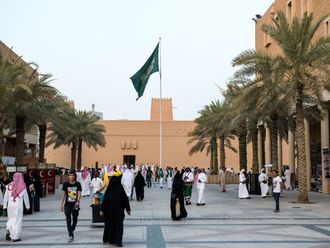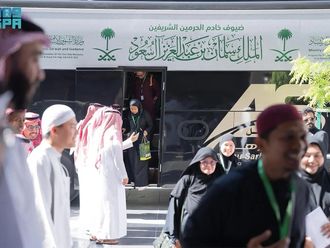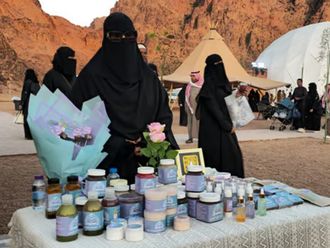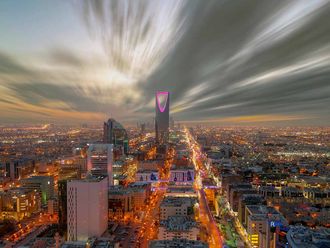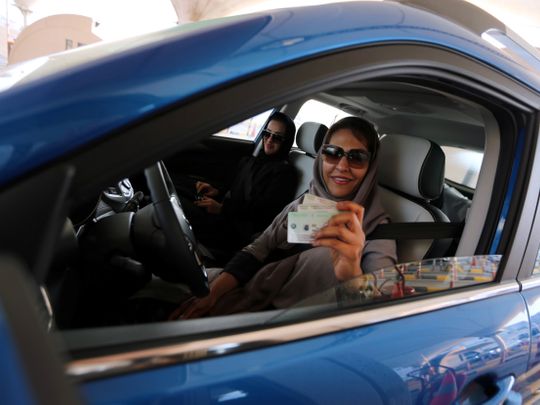
RIYADH: It has been five years since Jawhara Al Wabili became one of Saudi Arabia’s first women drivers — a reform she saw as revolutionary.
“I drove as soon as it was authorised,” the 55-year-old from the central city of Buraidah proudly told AFP, recalling a milestone that drew global attention to sweeping social changes fast-tracked by Crown Prince Mohammad bin Salman.
Jawhara has gone on to give free driving lessons to other women, sharing a skill she views as essential in a country sorely lacking in public transportation.
It is just one example, she says, of how women’s rights have blossomed in recent years, allowing them to become ambassadors, bank directors, university administrators and even astronauts.
In May 2023, Rayyanah Barnawi became the first Saudi female astronaut and the first Arab woman to set off to the International Space Station (ISS).
During her 10 days in orbit on the ISS, the 34-year-old biomedical scientist carried out stem cell and breast cancer research.
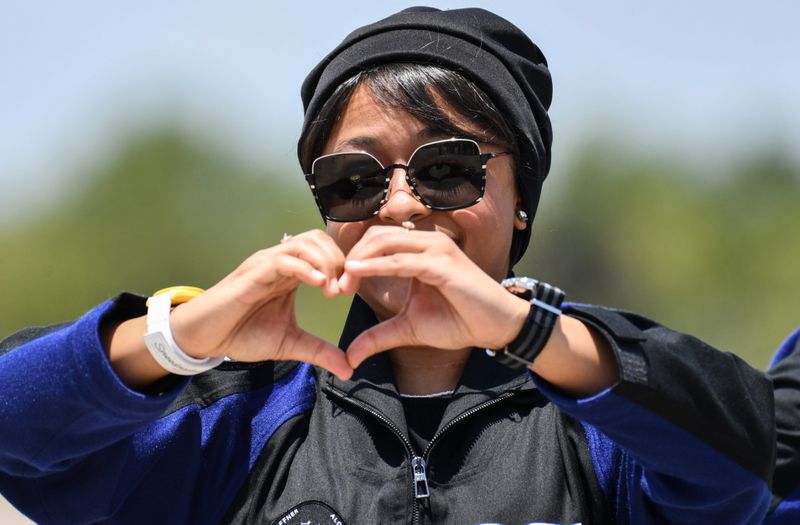
She hopes to inspire women from all backgrounds in the Middle East.
The rapid transformation that has been taking place in the kingdom, which was formerly home to some of the most strict gender-based laws in the world, is part of Saudi Crown Prince’s Vision 2030 plan launched in 2016 that seeks to modernise the country.
In 2019, the male guardianship rule was abolished and women were granted the right to live alone, apply for passports and open their own businesses without the consent of a male guardian, usually their father, husband or brother.
These reforms have made a major difference, Marriam Mossali, CEO of Saudi Arabia’s leading luxury communications consultancy Niche Arabia, was quoted as saying by DW (Deutsche Welle), a German public, state-owned international broadcaster.
“The ambition of Saudi women has always existed, albeit veiled in anonymity, before Vision 2030 placed Saudi women in the spotlight,” she said.
“We were on boards but our photo was never published on the corporate website, we invested in businesses but were never the face of our brand, but today, this has all changed,” she told DW.
Women workforce
The changes can also be felt in daily life, especially now that the religious police have been sidelined and rules requiring gender segregation in public and the wearing of abaya have been scrapped.
Saudi officials say that the proportion of Saudi women in the workforce has more than doubled since 2016, from 17 per cent to 37 per cent.
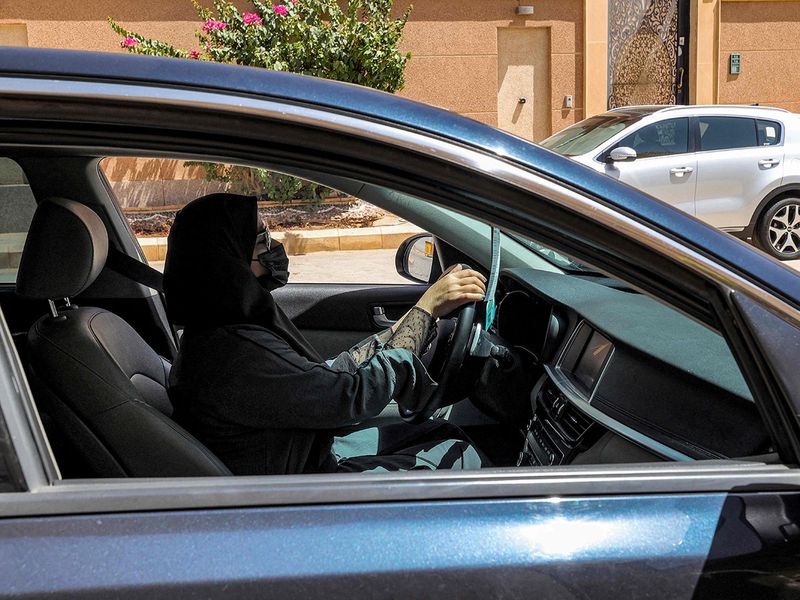
“After the driving decision, we saw that all policies that followed have challenged the traditional role of women in the Saudi society, which gave her only one role to play - raising children,” said Najah Al Otaibi, a Saudi analyst based in London.
“The position of women has changed: not just in terms of the law, but also mentalities. Saudi women want to work and have a career. Doors are open to them,” Aseel Addawood told Le Monde, at LEAP Tech Convention held in Saudi Arabia in February. The 34-year-old Aseel was there to promote her start-up.
Aseel embodies a whole generation of Saudi women who trained abroad and went through international companies. Back in the kingdom in 2019 after specializing in computer science in the United States, followed by a stint at the American database management company Oracle, she now wears many hats. She’s CEO of a start-up with 100 employees, 70 per cent of whom are women, she leads investment in three others, she’s head of an NGO, a teacher at university – and adviser to the energy minister, according to Le Monde.
The new reality strikes visitors from the moment they get off the plane and, in many cases, have their passports stamped by smiling, English-speaking female customs agents.
As they move around the country, they encounter women driving for Uber, working as mechanics and even conducting a high-speed train that ferries pilgrims to Mecca.
A royal decree in September 2017 granted women the right to drive and obtain driving licences. On June 24, 2018, Saudi women hit the road for the first time in 30 years.


